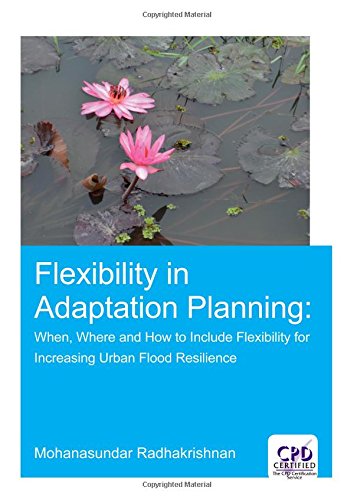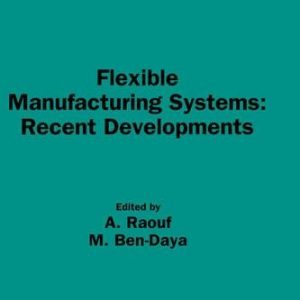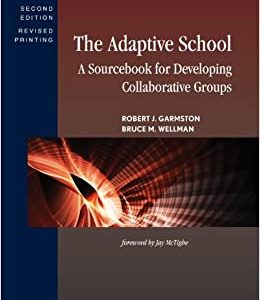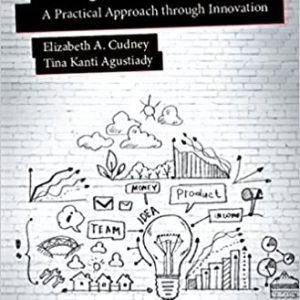The magnitude and urgency of the need to adapt to climate change is such that addressing it has been taken up by the United Nations as one of the sustainable development goals ? Goal 13 (SDG13) in 2015. SDG13 emphasises the need to strengthen resilience and adaptive capacity to climate related hazards and natural disasters. Coping with urban floods is one of the major needs of climate adaptation, where integration of climate change responses into flood risk management policies, strategies and planning at international, national, regional and local levels is now the norm. However, much of this integration lacks effectiveness or real commitment from stakeholders involved in adaptation planning and implementation. Hence this research has focused on integrating flexibility based adaptation responses into an urban flood risk management context. The research has synthesised flexible adaptation practices from several disciplines including information technology, automobile and aerospace manufacturing. The outcomes of the research are brought together in a framework for structuring local adaptation responses and an adaptation planning process based on flexibility concepts. The outcomes provide a way to assist with the identification of the appropriate nature and type of flexibility required; where flexibility can best be incorporated; and when is the most appropriate time to implement the flexible adaptation responses in the context of urban flooding.
Additional ISBNs
9780815357292, 9781351056212, 081535729X, 1351056212, 9781138373181, 1138373184
Flexibility in Adaptation Planning Ebook
When, Where and How to Include Flexibility for Increasing Urban Flood Resilience
By: Mohanasundar Radhakrishnan
Publisher:
CRC Press
Print ISBN: 9780815357292, 081535729X
eText ISBN: 9781351056205, 1351056204
Edition: 1st
Copyright year: 2018
Format: EPUB
Available from $ 35.98 USD
SKU: 9781351056205R90
?











